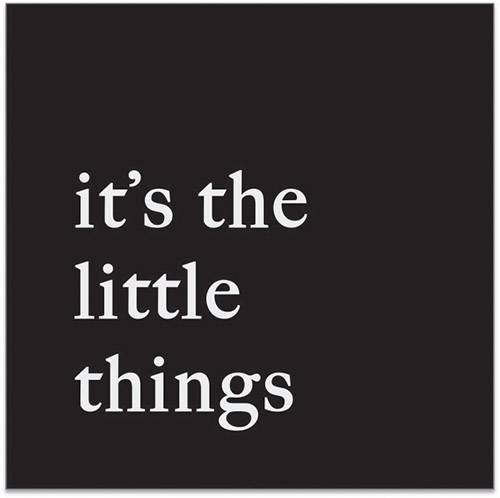
Joe Wallis was a very successful weapons and aircraft dealer. He was once giving a tour of his facility to a prospective purchaser, a representative of a helicopter manufacturer, who asked about two identical buckets of bolts. Wallis explained these were special bolts to hold helicopter rotor blades in place. One bucket was filled with bolts that failed the rigorous tests to ensure they would be able to withstand all the pressure from the speed and force of the blades and winds. The other bucket of identical bolts had passed the tests and were safe to use. The failed bolts, which needed to be melted down to be recast cost five cents. The “approved” bucket was priced at $400 per bolt!
As they continued the tour, the agent pulled Wallis aside and said in a hushed voice, “Let’s make a deal. Give me a box of the cheap bolts and charge my company for the good quality ones. You and I will split the difference.” Wallis was taken aback. “Are you crazy? Using these defective bolts would put lives at risk!” “It’s just a few bolts- what’s the big deal?” said the agent. “Get out of my facility!” Wallis told him. “I won’t do business with people like you.”
Fast forward, many years later, Wallis is now Rabbi Yossi Wallis, CEO of Arachim, which runs outreach seminars worldwide. Rabbi Wallis was speaking at an Arachim Shabbos Nachamu retreat in the USA, where he learned that the daughter of a participating couple, had been in a terrible helicopter crash over the Grand Canyon where everyone on board died, except their daughter who became a paraplegic. The FAA report on the accident said the bolts holding the rotor blades had cracked. After obtaining more details about the helicopter involved, Rabbi Wallis was convinced that the agent he had previously kicked out of his facility, had purchased defective bolts from a different supplier and they had been used in the helicopter which caused the tragic accident.
This story is told in the book, ‘Incredible,’ written by my cousin, Rabbi Nachman Seltzer. My daughter reminded me of this story in connection with Parshas Eikev. The parsha opens with the words, “v’haya eikev tishm’un,“ translated as, “if you will listen.” The word eikev actually means “heel.” In this context, Rashi quotes the Midrash that tells us the Torah is specifically speaking about the mitzvos people ‘trample on with their heel,’ figuratively, because they view them as trivial or insignificant. Ironically, Hashem stresses that those mitzvos will be our key to incredible blessings, for us to have children, health and material wealth.
Some may say (similar to the agent in the above story) regarding certain mitzvos: “Really, what’s the difference if I perform this small mitzvah? Does it really matter?”
Hashem is telling us in Eikev that it is essential to perform so-called “trivial” mitzvos. Every mitzvah makes a difference; in fact every nuance of a mitzvah makes a difference.
The name Yaakov consists of the word Eikev plus the letter “yud” in front of it. This alludes to a big difference in how our forefather Yaakov viewed life, compared to his brother and nemesis, Eisav. The word Eisav means complete, or finished. In considering his actions, Eisav looked only at the “now” that was in front of him as complete and all there was to consider. Yaakov, on the other hand, in deciding what to do in the present, looked ahead to the “heel,” or end result of his present actions.
If Rabbi Wallis would have looked at the now when he was offered a deal to sell the defective bolts, he would have made a substantial sum of money, but he would have been responsible for the death and maiming of all those involved in the helicopter crash. Instead, he looked at the future consequences and applied it to his present decision. That’s the perspective we need to have. We must look ahead to future consequences in considering our present actions.
This explains why Hashem specifically said, “if you follow all the mitzvos large or small, I will love you.” Why is the reward for following both large and small mitzvos that Hashem will love you? Simply, in a relationship, little things do matter! For example, in a marriage, saying good morning, rolling up the toothpaste tube, pushing in the chair- these small actions demonstrate that your spouse really matters to you, so they are not trivial at all! Similarly, the performance of all the mitzvos are essential whether we understand them or not, or whether or not they seem “trivial.” If we perform each mitzvah with equal care, Hashem tells us in Eikev that He will notice that we care. He will in turn have a special love for us and will shower us with special blessings.
By Rabbi Baruch Bodenheim










